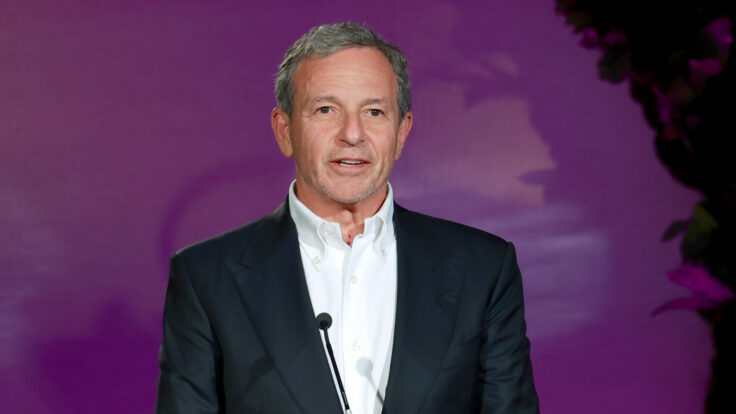Back in 2015, as Disney was preparing to set box office records with Star Wars: The Force Awakens, George Lucas gave a rare interview in which he argued that capitalism had effectively killed Hollywood creativity. Lucas, who launched two multi-billion dollar franchises (Star Wars and Indiana Jones), and sold his company for $4 billion, lamented that studios now mostly focused on surefire wins, noting that the “only way to do that was not to take chances; only do something that was proven”—hence all the recycling of I.P.
Proven success is a phrase that’s come up a lot lately as Warner Bros. Discovery C.E.O. David Zaslav focuses on cost-cutting and debt service. Zaslav killed CNN+ (an estimated $1 billion saved) and Batgirl (a $90 million write-off), and has begun company-wide layoffs. But the penny-pinching maneuver that is most alarming to Hollywood’s creative community is his removal of some 36 series from HBO Max. The vanishings include 200 episodes of Sesame Street, among other children’s content, as well as beloved animated titles like Infinity Train, Close Enough, and OK K.O.! Let’s Be Heroes. Twenty of the removed series are HBO Max originals, including Summer Camp Island, Aquaman: King of Atlantis, and The Not-Too-Late Show with Elmo.

















